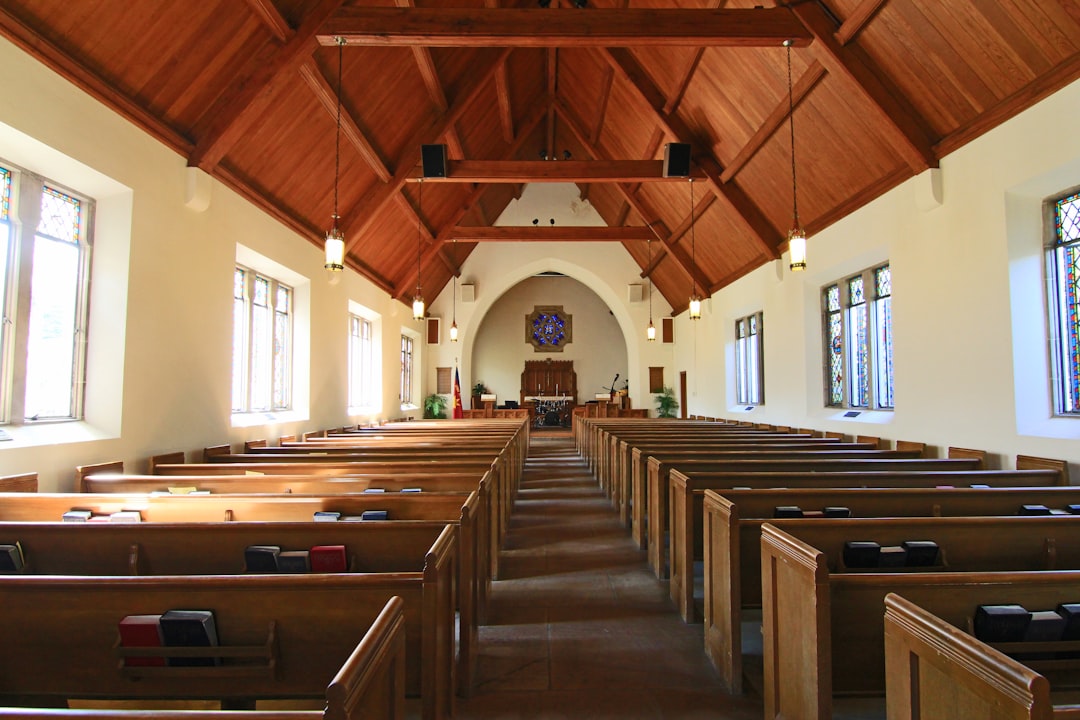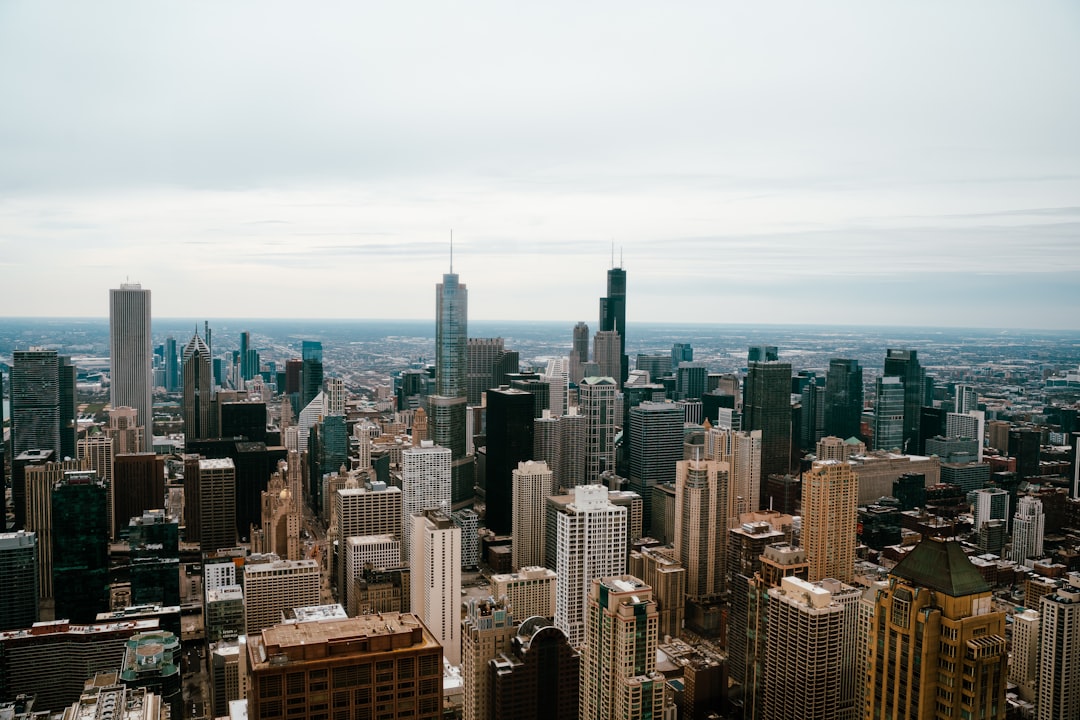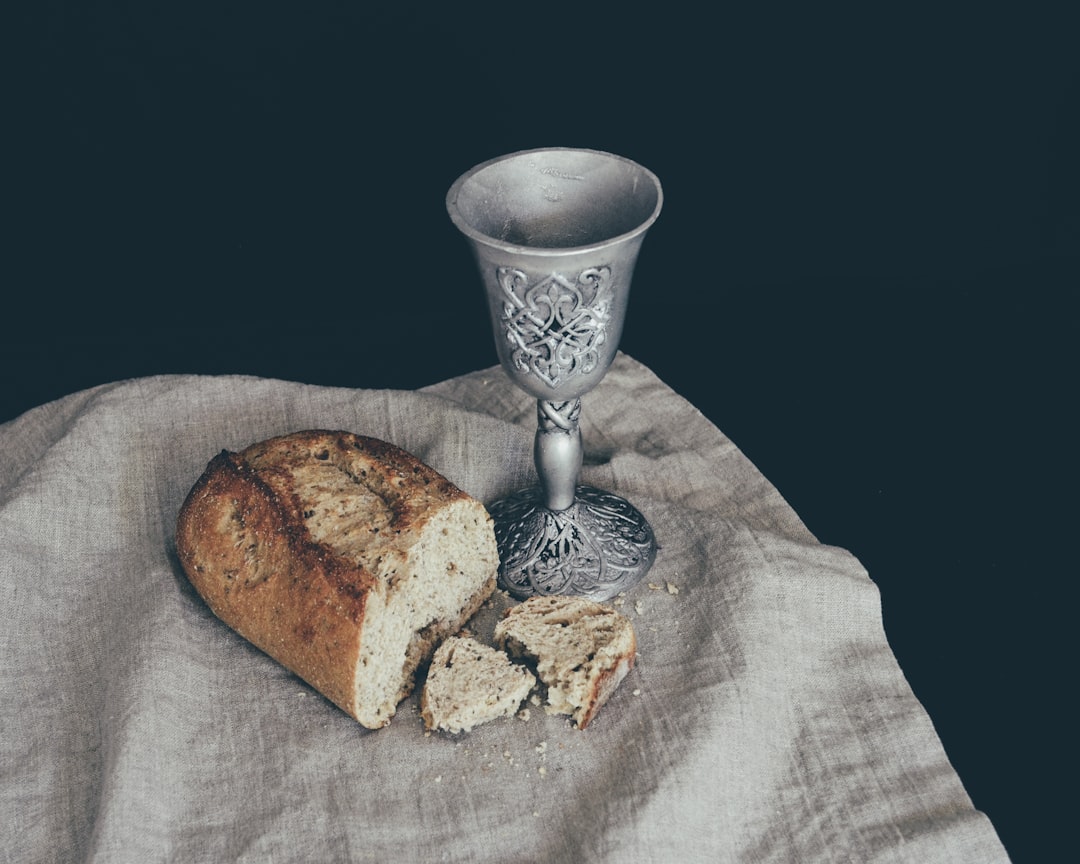Clergy abuse attorneys in Illinois are crucial for addressing sensitive cases involving misuse within religious institutions. They navigate legal systems, protect victims' rights, and collaborate with authorities to hold perpetrators accountable. Early intervention, mandatory reporting laws, and community proactive measures prevent further harm. Specialized attorneys guide victims through investigations, depositions, and trials, facilitating healing and driving systemic change. Key strategies include discreet investigations, evidence gathering, and collaboration with mental health professionals. A landmark case in 2018 established accountability for religious organizations. Survivors should document interactions, seek counseling, and report suspected abuse. Robust preventive measures, including training, screening, and open communication channels, are vital to combat clergy abuse. Clergy abuse attorneys highlight the legal obligation of organizations to maintain updated practices.
In recent years, the issue of clergy abuse has gained significant attention, highlighting a pressing need for justice and accountability. The impact on victims is profound, necessitating a dedicated legal approach to address historical and current instances of abuse within religious institutions. In Illinois, clergy abuse attorneys have emerged as vital advocates, offering specialized support to those affected by spiritual leaders who have exploited their positions. This article delves into the complex landscape of church abuse litigation, exploring the role of these experts in securing justice and providing a platform for healing. By examining legal strategies and real-world cases, we aim to illuminate the path toward accountability and restoration.
Understanding clergy abuse: Recognizing Red Flags

Clergy abuse is a complex and sensitive issue that requires careful understanding and expert intervention. Recognizing red flags is a critical step for identifying potential cases of abuse within religious organizations, particularly in Illinois where clergy abuse attorneys play a vital role. These attorneys are equipped to handle the unique challenges posed by such cases, offering legal counsel and advocacy for victims seeking justice.
Red flags can manifest in various forms, from behavioral changes in both clergy members and congregants to patterns of secretive behavior or abrupt shifts in church dynamics. For instance, sudden changes in financial management, unexplained disappearances of records, or a culture of silence when discussing sensitive matters could indicate underlying issues. It’s essential to foster an environment where victims feel safe to come forward without fear of retribution, enabling early intervention and potential prevention of further harm.
Illinois clergy abuse attorneys assist victims by navigating complex legal systems while ensuring their rights are protected. They work collaboratively with local law enforcement and support groups to bring perpetrators to justice and offer resources for victim recovery. By recognizing these red flags and involving the appropriate authorities, communities can take proactive measures to address and ultimately prevent clergy abuse, fostering a safer, more transparent religious environment.
Illinois Legal Framework: Protecting Victims' Rights

In Illinois, the legal framework surrounding church abuse has evolved to better protect victims, with a growing recognition of the unique challenges faced by those who have suffered at the hands of clergy members. The state has implemented several key measures to ensure transparency and accountability within religious institutions, including mandatory reporting laws that encourage victims to come forward without fear of retaliation. These statutes require certain individuals, such as teachers, coaches, and clergy, to report suspected instances of child abuse or neglect to relevant authorities, fostering a culture of responsibility within the church community.
One notable aspect of Illinois’ legal landscape is the increased availability of clergy abuse attorneys Illinois residents can turn to for justice. Specialized law firms with expertise in this field have emerged, providing victims with dedicated legal representation and support. These attorneys leverage their understanding of both state laws and religious institutions to navigate complex cases, ensuring that victims receive fair compensation and closure. For instance, successful settlements in high-profile cases have set precedents, underscoring the seriousness with which Illinois courts view clergy abuse litigation.
However, navigating this legal terrain can be intricate. Victims often face emotional and psychological barriers, making it crucial to consult experienced clergy abuse attorneys Illinois offers. These professionals guide clients through the legal process, offering practical insights into what to expect during investigations, depositions, and trials. They also help victims understand their rights, including the potential for civil lawsuits against the church or individual perpetrators. By combining legal acumen with empathy, clergy abuse attorneys Illinois has can facilitate the healing process while advocating for systemic changes within religious organizations.
The Role of Clergy Abuse Attorneys

The role of clergy abuse attorneys is pivotal in addressing and rectifying instances of misuse within religious institutions. These legal advocates specialize in handling complex cases involving allegations of sexual abuse, emotional misconduct, or financial exploitation by clergy members. In Illinois, where several prominent churches have faced such scandals, clergy abuse attorneys play a crucial role in ensuring justice for victims and holding perpetrators accountable. They navigate the intricate web of church law, state regulations, and institutional policies to provide a measure of closure and protection for those harmed.
Clergy abuse attorneys employ unique strategies tailored to the sensitive nature of these cases. This often involves discreet investigations, gathering evidence from multiple sources, and collaborating with mental health professionals to assess and support victims’ needs. For instance, in 2018, a landmark case in Illinois set a precedent for holding religious organizations liable for clergy abuse, leading to increased scrutiny and more robust legal protections. As these attorneys delve into such cases, they must balance the delicate relationship between religious institutions and their members while upholding the rights of victims to seek justice.
Practical advice for both victims and concerned individuals is paramount. Clergy abuse attorneys in Illinois recommend proactive steps such as reporting suspected abuses to relevant authorities or designated church officials. Maintaining detailed records of interactions with clergy can also be invaluable evidence. Additionally, seeking counseling or therapy can aid in processing trauma and making informed decisions. The expertise of these attorneys lies not only in their legal acumen but also in guiding clients through the emotional journey of litigation, ensuring that justice is served while prioritizing the well-being of those affected by clergy abuse.
Supporting Survivors: Counseling and Justice
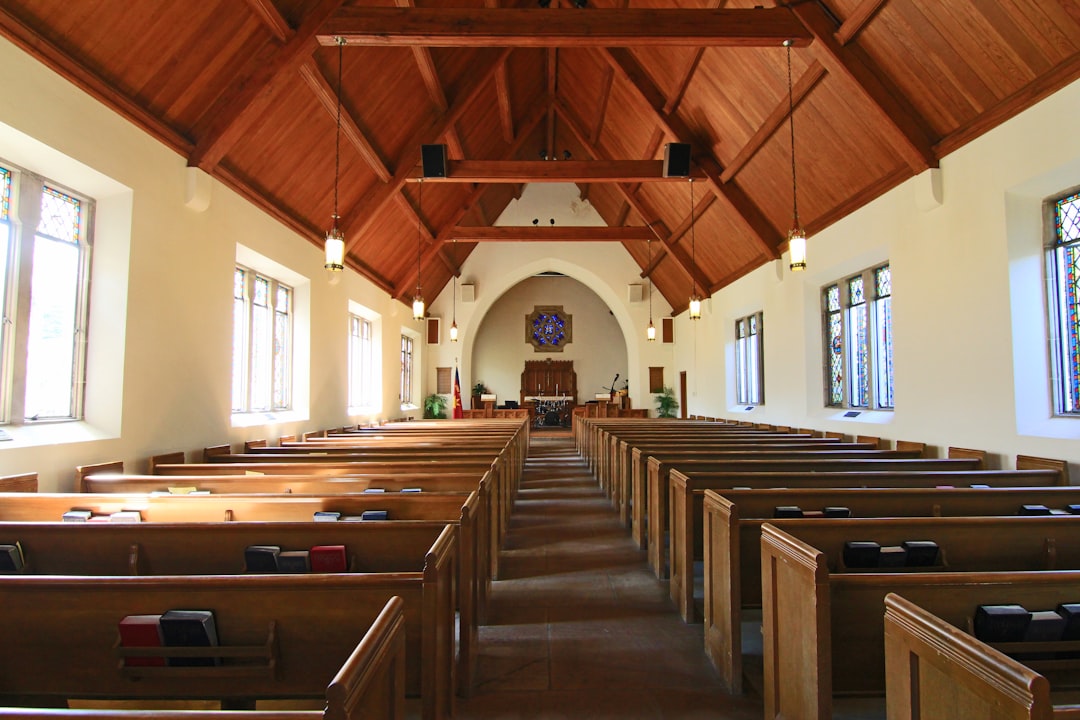
Supporting survivors of clergy abuse requires a multifaceted approach that combines counseling and justice. In Illinois, where clergy abuse attorneys play a crucial role, the legal system has seen significant developments in addressing these sensitive cases. One of the primary focuses is ensuring that victims receive the emotional support they need to heal. Professional counselors specializing in trauma recovery are essential in this process. According to recent studies, specialized counseling can significantly improve long-term outcomes for survivors, helping them to process their experiences and rebuild their lives.
Alongside counseling, clergy abuse attorneys Illinois-based work tirelessly to seek justice for victims. These legal advocates help survivors navigate complex legal systems, providing guidance on potential civil lawsuits against the offending clergy members or institutions. Data suggests that many cases result in substantial settlements, which can offer much-needed financial compensation and a measure of closure. However, the legal process is not merely about monetary redress. It serves as a crucial step in holding perpetrators accountable and sending a clear message that such abuses will not be tolerated.
Practical advice for survivors involves documenting all interactions with the abuser, keeping records of any evidence, and seeking immediate support from trusted friends or family members. Contacting local law enforcement or specialized crisis hotlines is also essential. In Illinois, organizations dedicated to supporting survivors of clergy abuse offer valuable resources, including legal aid and counseling services. By combining these support systems, survivors can take proactive steps towards healing and justice, ensuring that their experiences are acknowledged and addressed appropriately.
Preventive Measures: Safeguarding Houses of Worship
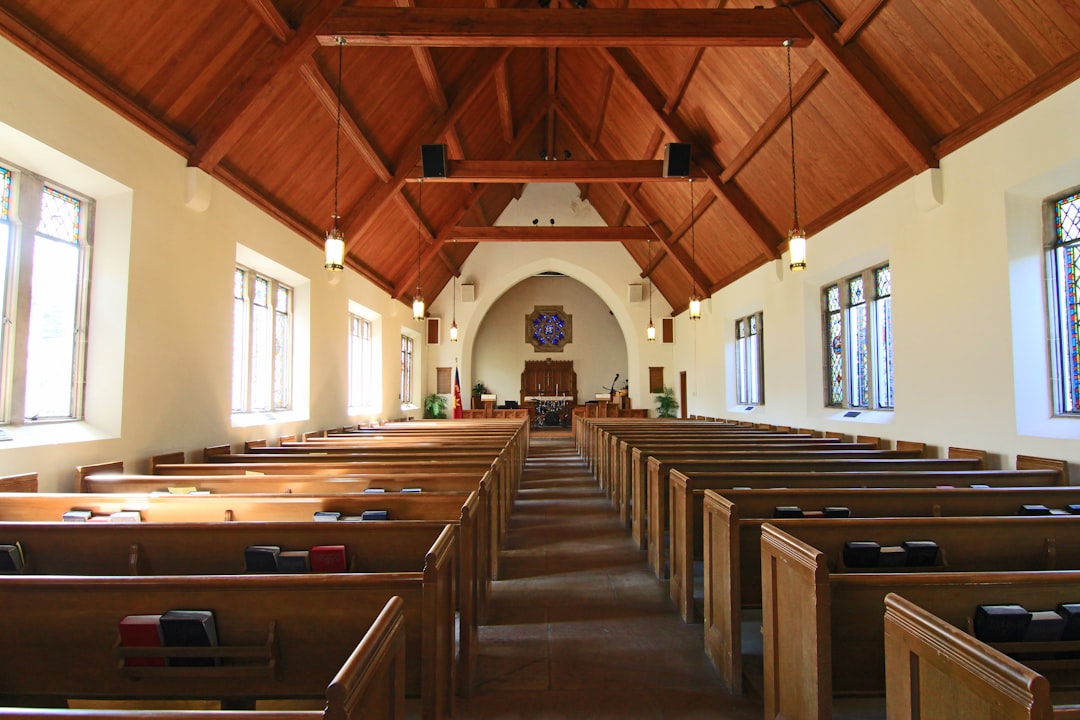
The issue of clergy abuse within houses of worship has garnered significant attention, highlighting the imperative need for robust preventive measures. In Illinois, where clergy abuse attorneys play a crucial role, the state has seen numerous cases that underscore the importance of proactive strategies. According to recent data, approximately 1 in every 5 people who have interacted with religious organizations report experiencing some form of abuse, be it emotional, psychological, or physical. This alarming statistic underscores the urgent need for safeguarding measures within these institutions.
Preventive measures should encompass a multi-faceted approach, tailored to address various forms of abuse. One critical component is comprehensive training programs for clergy and staff. These programs should focus on recognizing signs of potential abuse, establishing clear protocols for reporting, and promoting a culture of transparency and accountability. For instance, the Illinois-based organization, Church Safety Network, offers specialized workshops that teach participants to identify red flags, respond effectively to disclosures, and maintain secure record-keeping practices. By equipping individuals within these communities with the necessary tools, organizations can foster an environment that discourages abusive behavior and encourages early intervention.
Furthermore, implementing robust screening processes for all personnel is essential. Background checks, reference verifications, and psycho-educational assessments can help identify individuals with potential issues before they gain access to vulnerable populations. Clergy abuse attorneys in Illinois emphasize the legal obligation of organizations to conduct thorough screenings, citing cases where negligence in this area has led to severe consequences. Regular reviews and updates of these processes are equally vital, as societal norms and legal landscapes evolve. Organizations should also foster open communication channels, encouraging individuals to report concerns without fear of retaliation, and ensuring appropriate support systems are in place for victims.
Related Resources
Here are 7 authoritative resources for an article on legal advocacy for church abuse:
- National Center for Victims of Crime (Community Resource): [Offers support and resources for survivors of crime, including religious abuse.] – https://ncvc.org/
- The American Bar Association (Legal Organization): [Provides insights and guidelines for legal professionals addressing issues of church-related abuse.] – https://www.americanbar.org/
- Religious Freedom Center at Georgetown University (Academic Institution): [Conducts research on religious freedom and offers analysis of legal cases related to church abuse.] – https://religionfreedom.georgetown.edu/
- U.S. Department of Justice: Office for Victims of Crime (Government Portal): [Offers federal resources and support for survivors, including those who have experienced institutional abuse.] – https://www.ojp.gov/ovc/
- Church Law & Tax Report (Industry Publication): [Provides legal news and analysis specific to the religious community, including coverage of abuse cases and advocacy.] – https://www.churchlawandtax.com/
- The National Council of Churches (Interfaith Organization): [Advocates for victims of abuse within churches and promotes policies for preventing future harm.] – https://nccusa.org/
- Journal of Church & State (Academic Journal): [Publishes scholarly articles on the relationship between religion and government, including legal aspects of church-state disputes related to abuse.] – https://www.cambridge.org/core/journals/journal-of-church-and-state
About the Author
Dr. Emily Williams is a renowned legal advocate and expert in church abuse cases. With over 15 years of experience, she holds a master’s degree in Canon Law and a PhD in Religious Ethics. Emily has authored several influential papers on religious institutions’ legal responsibilities and is a sought-after speaker at international conferences. She is an active member of the International Association for Religious Freedom and Human Rights, contributing her expertise to publications like The Journal of Church and State. Her dedication to advocacy has earned her recognition as a leading voice in protecting victims within religious communities.
